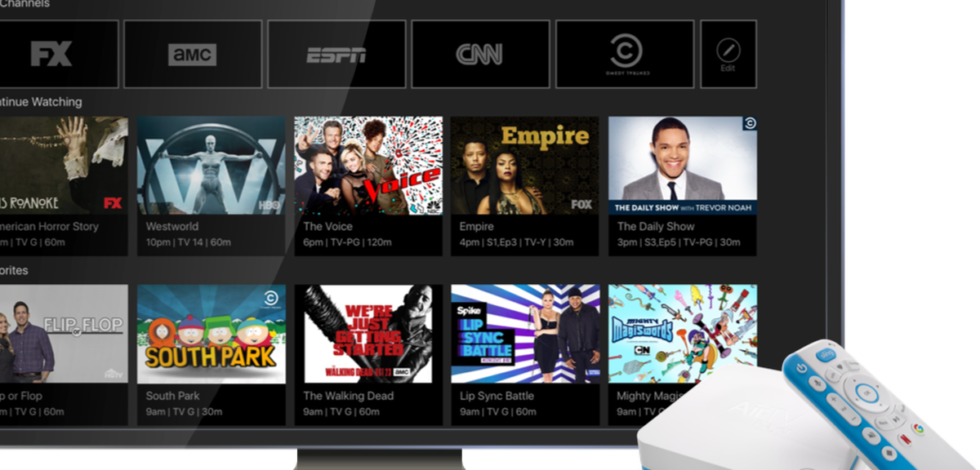 In the decade since the arrival of the internet for home users, the shape of my day has changed dramatically. I now spend at least five, sometimes as many as ten, hours a day online. Conversely, my television viewing has decreased dramatically. Most days I don’t watch TV at all. I’m quite happy to swap TV for the internet. The quality of television output grows ever poorer (television, more than any other medium, is responsible for the dumbing down of western culture), while time devoted to TV advertising is increasing (at least you can delete spam!).
In the decade since the arrival of the internet for home users, the shape of my day has changed dramatically. I now spend at least five, sometimes as many as ten, hours a day online. Conversely, my television viewing has decreased dramatically. Most days I don’t watch TV at all. I’m quite happy to swap TV for the internet. The quality of television output grows ever poorer (television, more than any other medium, is responsible for the dumbing down of western culture), while time devoted to TV advertising is increasing (at least you can delete spam!).
There are, of course, exceptions. Some HBO dramas – such as the Sopranos and Six Feet Under (well, the first series at least) – are of a higher quality than contemporary movies. And occasionally a television documentary is produced that can stimulate the mind as well as, if not more than, any book.
Remember, “The Theory of Everything”, which I immensely enjoyed for three consecutive Sunday evenings on Britain’s Channel 4, was a neatly packaged, accessible introduction to a complex but fascinating subject – theoretical physics’ “superstring” theory. I had previously read a couple of books on superstring theory and so was looking forward to the three-part series. The fist two episodes built up to a climactic finale: the third and final episode would fill me in on the most recent breakthroughs in the search for a unified theory of physics (so many years had passed, after all, since I’d read those books). Just after the programme started, I got an important phone call from my sister, which couldn’t be put off. After about half an hour, I sat back down in front of the box, when a visitor called — so I gave up trying to watch the show.
This is another of television’s drawbacks: you have to watch emissions during a certain timeslot. Yes, you can record or draw back with IPTV, but that’s hassle. What I wanted is TV content that, like internet content, I could access at any time, and view at my own leisure.
Imagine my surprise, then, when it turned out that “The Theory of Everything” was available for viewing on the web – under its original title of “The Elegant Universe” (the programme was created by America’s PBS channel). Each hour-long programme was divided up into eight chunks. I did not manage to download any of the clips, “due to rights reasons,” but I could view any or all as a streaming video clip.
Didn’t that look like an exciting beginning of a (much-heralded) harmonious relationship between the internet and television? Didn’t that put into place perfect grounds for visual effects and 3d animation studios start ups (one of them being my friends from Double Impact Studio) Back in those days it was just a hope. As broadband increased, resistance to the merger of the internet and TV turned into a merely political thing (from companies who control television content and advertising), not technical.
Though I won’t mourn the passing of television, I must admit that I don’t know what I’d do if I suddenly found myself without internet access.


